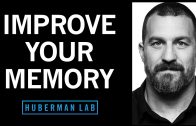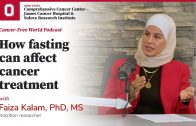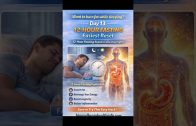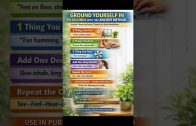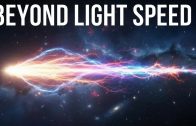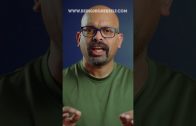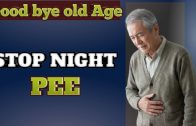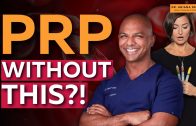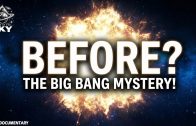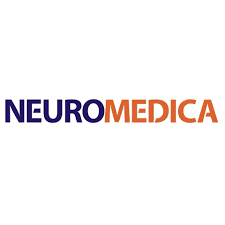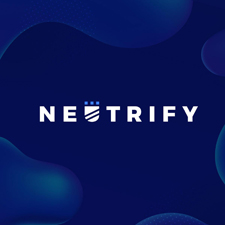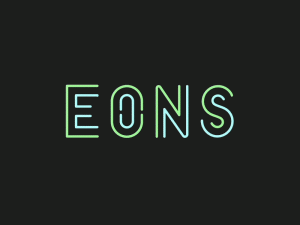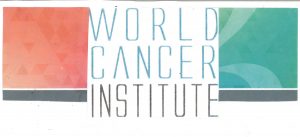Understand & Improve Memory Using Science-Based Tools | Huberman Lab Podcast #72
This episode I explain the mechanisms by which different types of memories are established in our brain and how to leverage the amount and timing of key neurochemicals and hormones, such as adrenaline (aka epinephrine) and cortisol, to improve your learning and memory abilities. I describe multiple science-based protocols to do this, including repetition, caffeine, emotional states, deliberate cold exposure, sleep, meditation, and the role of vision, including taking “mental snapshots.” I also describe how exercise and an associated hormone, osteocalcin, can improve cognitive ability and memory formation. I also describe unique aspects and forms of memory such as photographic memory, extreme facial recognition (aka super recognition), and the phenomenon known as déjà vu.
#HubermanLab #Memory
Thank you to our sponsors
Eight Sleep: https://www.eightsleep.com/huberman
Thesis: https://takethesis.com/huberman
InsideTracker: https://insidetracker.com/huberman
Our Patreon page
https://www.patreon.com/andrewhuberman
Supplements from Momentous
https://www.livemomentous.com/huberman
Social & Website
Instagram – https://www.instagram.com/hubermanlab
Twitter – https://twitter.com/hubermanlab
Facebook – https://www.facebook.com/hubermanlab
TikTok – https://www.tiktok.com/@hubermanlab
Website – https://hubermanlab.com
Newsletter – https://hubermanlab.com/neural-network
Subscribe to the Huberman Lab Podcast
Apple Podcasts: https://apple.co/3DbFdlv
Spotify: https://spoti.fi/34Xod5H
Google Podcasts: https://bit.ly/3wo01EJ
Other platforms: https://hubermanlab.com/follow
Article Links
A Novel Demonstration of Enhanced Memory Associated with Emotional Arousal: https://bit.ly/3FLuyPH
Mechanisms of memory under stress: https://bit.ly/3sEmdaZ
Photographic Memory: The Effects of Volitional Photo Taking on Memory for Visual and Auditory Aspects of an Experience: https://bit.ly/3MlZB6U
Brief, daily meditation enhances attention, memory, mood, and emotional regulation in non-experienced meditators: https://bit.ly/3PnYaH5
Timestamps
00:00:00 Memory, Improving Memory
00:02:45 Eight Sleep, Thesis, InsideTracker
00:07:54 Sensory Stimuli, Nervous System & Encoding Memory
00:11:12 Context & Memory Formation
00:13:46 Tool: Repetition, Improving Learning & Memory
00:17:11 Co-Activation and intensity Neuron Activation
00:20:50 Different Types of Memory
00:25:40 Memory Formation in the Brain, Hippocampus
00:28:00 Hippocampus, Role in Memory & Learning, Explicit vs. Implicit Memory
00:31:49 Emotion & Memory Enhancement
00:36:44 Tool: Emotion Saliency & Improved Memory
00:41:42 Conditioned-Placed Avoidance/Preference, Adrenaline
00:47:14 Adrenaline & Cortisol
00:49:35 Accelerating the Repetition Curve & Adrenaline
00:53:03 Tool: Enhancing Learning & Memory – Caffeine, Alpha-GPC & Stimulant Timing
01:00:50 Tool: Enhancing Learning & Memory – Sleep, Non-Sleep Deep Rest (NSDR)
01:04:48 Tool: Enhancing Learning & Memory – Deliberate Cold Exposure, Adrenaline
01:08:42 Timing of Adrenaline Release & Memory Formation
01:12:36 Chronically High Adrenaline & Cortisol, Impact on Learning & Memory
01:15:12 Adrenaline Linked with Learning: Not a New Principle
01:17:25 Amygdala, Adrenaline & Memory Formation, Generalization of Memories
01:22:20 Tool: Cardiovascular Exercise & Neurogenesis
01:27:00 Cardiovascular Exercise, Osteocalcin & Improved Hippocampal Function
01:29:59 Load-Bearing Exercise, Osteocalcin & Cognitive Ability
01:34:41 Tool: Timing of Exercise, Learning & Memory Enhancement
01:37:29 Photographic Memory
01:38:49 “Super Recognizers,” Facial Recognition
01:41:46 Tool: Mental Snapshots, Photographs & Memory Enhancement
01:49:12 Déjà Vu
01:53:24 Tool: Meditation, Daily Timing of Meditation
02:02:21 How to Enhance Memory
02:05:51 Zero-Cost Support, YouTube Feedback, Spotify & Apple Reviews, Sponsors, Patreon, Momentous Supplements, Instagram, Twitter, Neural Network Newsletter
The Huberman Lab Podcast is for general informational purposes only and does not constitute the practice of medicine, nursing or other professional health care services, including the giving of medical advice, and no doctor/patient relationship is formed. The use of information on this podcast or materials linked from this podcast is at the user’s own risk. The content of this podcast is not intended to be a substitute for professional medical advice, diagnosis, or treatment. Users should not disregard or delay in obtaining medical advice for any medical condition they may have and should seek the assistance of their health care professionals for any such conditions.
Title Card Photo Credit: Mike Blabac – https://www.blabacphoto.com
